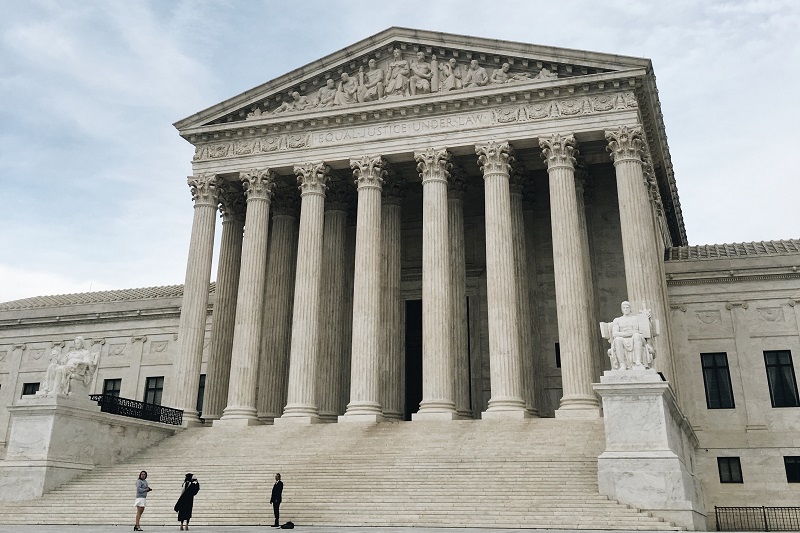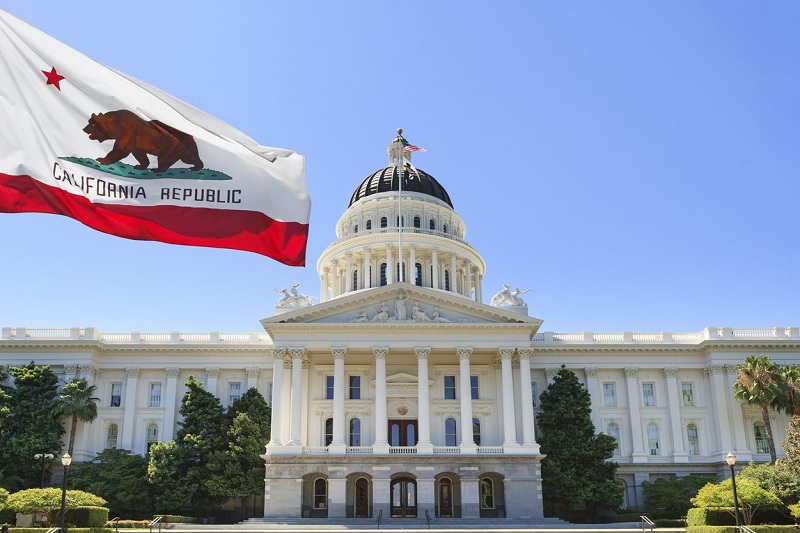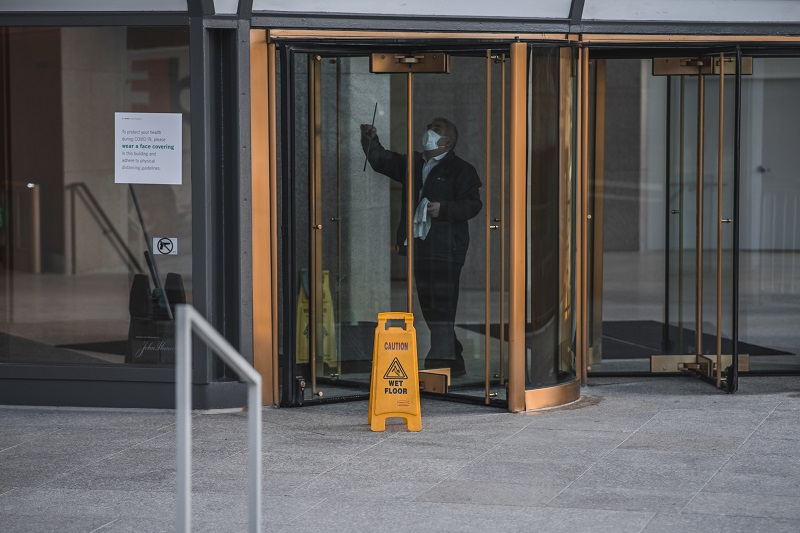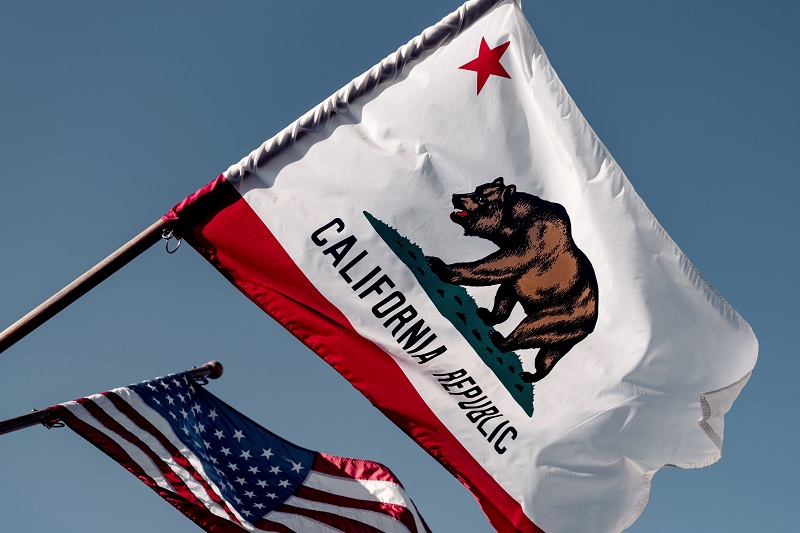
AB 1949 Bereavement Leave
What is AB 1949? Beginning January 1, 2023, employers may not refuse to grant a request from an employee to take bereavement leave upon the death of a family member. On September 29, 2022, Governor Newsom signed AB 1949, creating a new law codified under Government Code Section 12945.7 that...

California Pay Transparency in 2023
Employers in California will soon be required to disclose pay ranges on job postings and to requesting employees. Large employers will also be required to disclose additional pay data in their annual reports. On September 27, 2022, California Governor Gavin Newsom signed SB 1162. This new law...

2022 Employment Law Updates
Several new employment laws went into effect at the end of 2021 and beginning of 2022. In California, important changes include increasing minimum wage, extending protected leave to include care for parents-in-law, and prohibiting restrictions on disclosure of unlawful acts. Below is a table of...

Employer’s Guide to PAGA
What is PAGA? The Private Attorneys General Act (PAGA) allows aggrieved employees to bring claims on behalf of themselves, other employees, and the State of California.1 Over the last 15 years, more than 35,000 PAGA notices have been sent to employers.2 PAGA fines can be significant. Two years...

California Minimum Wage Requirements
Complying with Minimum Wage Requirements State and federal law require that nearly all employees be paid a minimum wage for all hours worked. In 2016, California passed one of the country’s highest minimum wage laws. Temporary workers and workers paid on a piece rate basis must also be paid the...

Does Your Company Have a Rogue Manager? The Importance of Actively Managing Your Company’s Supervisors
Employers often dedicate substantial time and resources to creating lawful written policies. This includes working with lawyers to prepare an employee handbook that contains legally compliant policies, including policies on equal employment opportunity, prevention of harassment, and wage and hour...

How to Handle Complaints of Sexual Harassment
Complaints of sexual harassment can disrupt a company’s operations, give rise to financial liability, and result in the departure of valued employees. Employers can take steps to reduce the potential for sexual harassment to occur and respond effectively if they receive a complaint of harassment....

Martin Law Prevails at Six-Day Arbitration
Martin Law recently prevailed in a highly contested arbitration lasting six days. The arbitrator returned a complete defense award for the firm’s client. This matter involved a former vice president of business development who asserted claims for wrongful termination, breach of contract, and...

Checklist of Required Documents for Departing Employees
Most employers are faced with the prospect of separating an employee at one time or another. While this is not a task employers typically look forward to, the process will go smoother when employers are prepared beforehand with the paperwork and notices required under state and federal law....

Helping California Employers Avoid Common Wage Statement Errors
California employers are subject to stringent wage and hour laws that are not common in other states. Complying with wage statement requirements is particularly challenging because it is easy to overlook the many technicalities, which can result in costly penalties. The following guidance...

Preparing for 2021: Mandatory Increases in Wages and Salaries
To prepare for the coming year, employers in California should plan for mandatory wage and salary increases that go into effect on January 1, 2021. Mandatory Increase to Minimum Wage On January 1, 2021, the minimum wage for non-exempt employees in California will increase to $14 per hour for...

Simplifying Meal Period Requirements for California Employers

Reporting Requirements for COVID-19 in the Workplace

Recent Updates to the Fair Chance Act

New Pay Data Reporting Law Increases Enforcement of Equal Pay and Anti-Discrimination Laws

AB 1867 – Supplemental COVID-19 Paid Sick Leave


